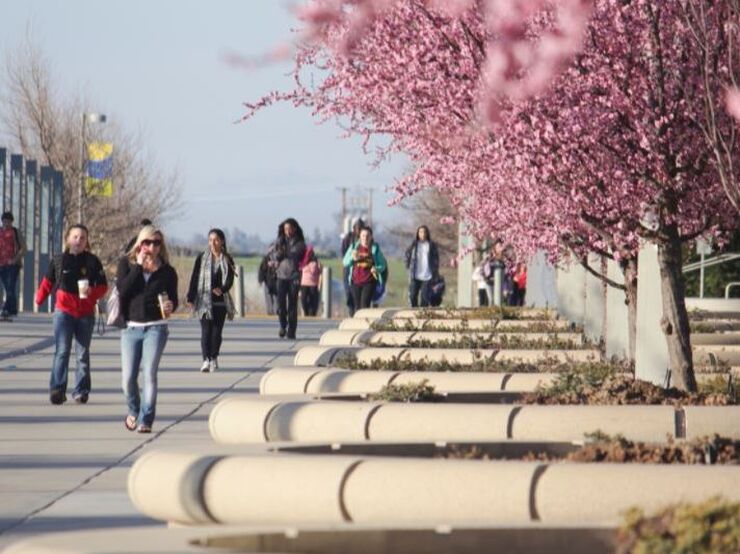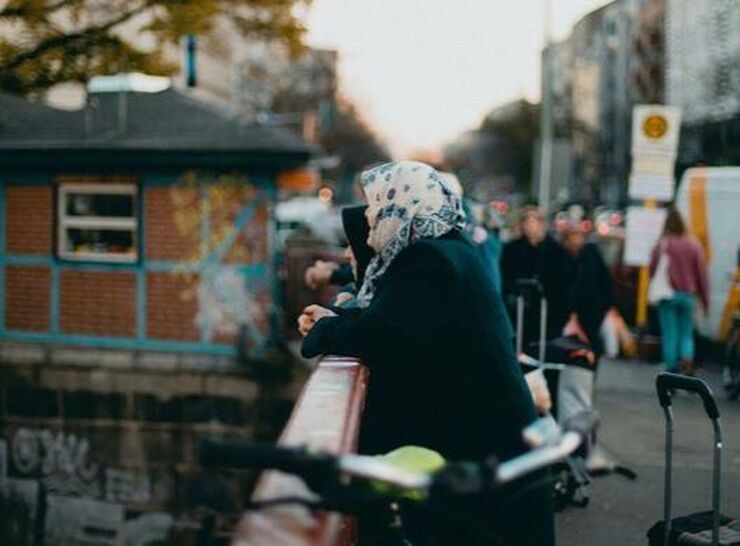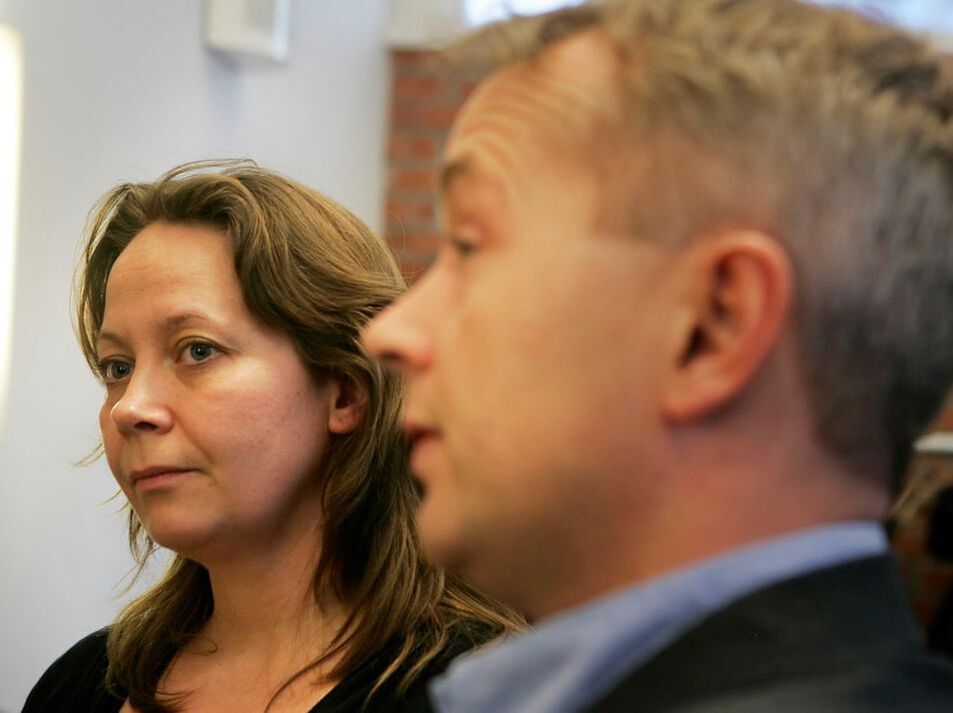|
|
|
Undocumented youth, or those young people living in the United States without legal immigration status, encounter significant challenges at important moments in their life, such as looking for their first part-time job or securing a driver’s licence. When they apply for college, they find they are ineligible for many scholarships and all forms of federal financial aid. For many scholars, these significant challenges mean that being undocumented functions as a ‘master status’ – a key aspect of their identity that has a marked influence on their life experiences. Scholars such as Roberto Gonzales argue that for some undocumented youth, ‘learning to be illegal’ is synonymous with experiences of exclusion during the transition to adulthood.
Although legal status certainly shapes undocumented youths’ experiences in applying to and attending college, Laura Enriquez reminds us that other aspects of undocumented students’ identity, such as race or class, also play a significant role in persistent inequalities that shape undocumented college students’ experiences – particularly those feelings of not belonging on a college campus. Enriquez shows that being poor and a first-generation college student influences undocumented students’ likelihood of stopping out of school both earlier in the life course and to greater effect than legal status does. Consequently, she concludes that undocumented status does not function as a master status, but rather, serves as a ‘final straw’ that imparts feelings of not belonging rooted in exclusionary experiences, which tip the scale in the direction of withdrawing or dropping out of college. Her research questions whether undocumented status acts as a master status at all, choosing instead to underscore its affective and relational influence when combined with other master status identities such as race or class.
0 Comments
The fact that some second-generation immigrants were involved in the brutal terror attacks in major European cities such as in Paris in 2015 and Brussels and Munich in 2016 exacerbated xenophobia among politicians and the broad public. These terrible incidents increased scholarly interest in the integration of second-generation immigrants further, and heightened anti-immigrant and anti-Islamic sentiments across Europe and far-right.
In addition to the terror attacks, economic restructuring and growing poverty amongst the working-class have also resulted in the rise of far-right in Germany. This has become visible with the Patriotic Europeans against the Islamisation of the West (PEGIDA) movement and strengthening of the Alternative For Germany (AFD). In this regard, the host society often tends to relate the Turkish second generation's social and economic disintegration to marginalisation and ‘Islamisation’. In such a context, studying the stigmatisation of ethnic minorities and immigrant groups reveals discrimination, stratification and ethnic boundaries. Along similar lines, the destigmatisation strategies of minorities, how they respond to the majority to maintain their dignity, achieve recognition and invest in their integration, are equally revealing. My Identities article, 'Disadvantaged, but morally superior: ethnic boundary making strategies of second-generation Turkish immigrant youth in Germany', examines how social, political and structural changes in Germany increase anti-Muslim, anti-immigrant and anti-refugee sentiments. By drawing on in-depth interviews and ethnographic data with twenty second-generation Turkish immigrant youth, the article reveals the kind of stigmatisations Turkish immigrants (the largest Muslim group) face, and, more importantly, how they deal with these stigmatisations in their daily lives.
Ken Carter, whose character inspired the realisation of the inspirational 2005 basketball movie, Coach Carter, decided to end the 1999 undefeated streak of Richmond High School basketball team because of his players' poor academic performance. His decision to lock the school gym and cancel the upcoming basketball matches, despite opposition amongst the Richmond community, garnered enormous US media attention framing it as an elevation of education over sports. While extensively elaborating and rationalising the gym shut-down in front of his students, Coach Carter posed a rhetorical question that resonates amongst recent events of police brutality and racial injustice in the US: where do these students end up after graduating high school? The answer for those who do not make it to college or into a professional sports career is, for many, probably prison.
Even though the US imprisonment rates have recently experienced its most significant decline in the last two decades, the Bureau of Justice Statistics (2018) data indicate that the US prison population's racial and ethnic makeup remains highly disproportionate to the actual demographics in the country. According to the US Justice Department, black Americans represent 33% of the sentenced prison population – a number nearly triple the 12% share of their US adult population. Even though the racial margin of incarceration has been in decline, black Americans constitute two times the rate of imprisoned Hispanics and slightly above five times the rate of imprisoned whites in the United States.
In my 20 years of doing research that is framed either directly or indirectly by Norwegian authorities, I have come to the conclusion that even, or maybe especially, in Norway where there are close links and allegiances between research and government and where the shared assumption often is that ‘we all want what’s best for people’, there are considerable risks when scholars aim to produce research that is intended to be relevant to stakeholders and society.
In order to get funding and recognition, researchers are subjected to demands to do research in a way that is explicitly relevant to society in the short run. Such short-term relevance is also valued within research institutions and among researchers, and the evaluation of research often uses ‘impact’ as a marker for quality. The value of being relevant is heralded in many contexts, but the drive to be relevant may be problematic as this creates a situation where it may be difficult to steer free of becoming embedded in administrative or political agendas. I have experienced politicians and bureaucrats staying at an arm’s length distance to ensure the independence of my research, but I also have experience with meddling, threats and disappointment. In my Identities article, ‘Taking on the categories, terms and worldviews of the powerful: the pitfalls of trying to be relevant’, I describe some such experiences. Much of my experience as a researcher is as a migration scholar; migration is a field that rapidly moved from the margins to the centre of both society and social science scholarship in the last ten years. This mandates that we have to think about what that entails for the framing and need for our research, but also for our practices and ability to take a critical position in our own work. |
|
Explore Identities at tandfonline.com/GIDE |
|
The views and opinions expressed on The Identities Blog are solely those of the original blog post authors, and not of the journal, Taylor & Francis Group or the University of Glasgow.




